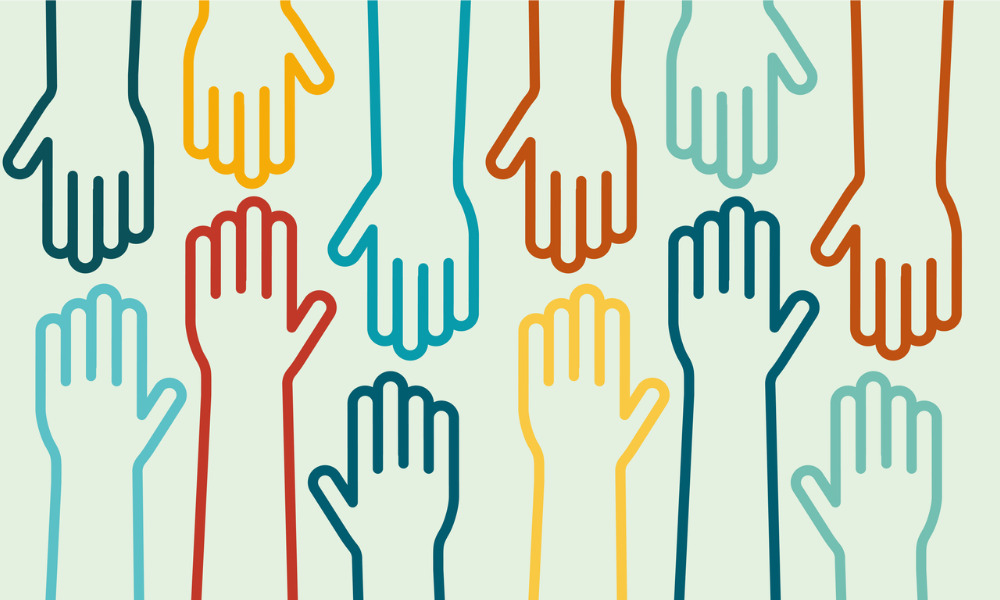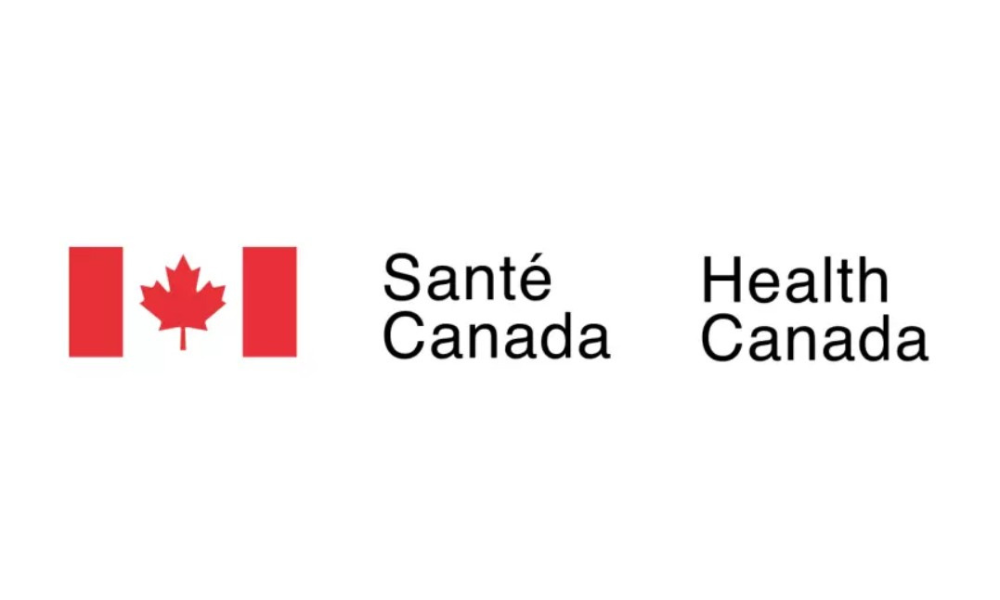Many executives at social services agencies planning new services, service delivery models

While nearly six in 10 (58 per cent) Canadians surveyed said that the response of their social service agencies to the COVID-19 pandemic has been strong, 92 per cent said they lack sufficient guidance on what social services they are eligible to access, according to a report.
And this posed a challenge for 50 per cent of Canadians who have had significant new caregiving responsibilities at home during the crisis, said Accenture.
“Comparing February 2020 with April 2021, the number of long-term unemployed was up by 171 per cent, with 486,000 Canadians out of work for 27 weeks or longer, showing us that Canadians need social services more than ever,” said Joel Marchildon, managing director in Accenture's Canadian Federal Public Service practice.
“If anything, the pandemic has validated the need for personalized citizen services that are deployed in an efficient and targeted fashion. Meeting the expectations of Canadians now and in the future will require that Canadian governments rapidly study and adopt new delivery models that embrace the latest digital technologies.”
COVID-19 has increased demands and pressures on unpaid caregivers, and this has caused unprecedented burnout (70 per cent) across 12 countries, according to a separate report.
And executives admit citizens have experienced a slow pace of change in government services. While 62 per cent of executives said their agencies had seen a spike in demand from citizens for digital services during the pandemic, 59 per cent said their agency had struggled to provide new digital solutions and automate business processes in response to the crisis.
Better services
Now, Canadians want more proactive and personalized delivery of social services. More than six in 10 (63 per cent) of Canadians said that the social services they accessed were not tailored to their personal needs and 37 per cent are willing to work closer with their social services providers to enhance services.
Nearly a third (32 per cent) would welcome personalized information about employment opportunities and 26 per cent want to receive proactive communication relating to benefits and services.
Most executives (82 per cent) said they expect their organization's strategy and operations to look significantly different in the years ahead and recognize the need to introduce new services and delivery models, accelerate technology investments and work closer with community and ecosystem partners to enable change.
And many Canadian social services agencies will continue to invest in new technologies: 77 per cent will use workforce collaboration tools, 56 per cent will deploy cloud computing infrastructures, 54 per cent will use data analytics technologies and 40 per cent will deploy Artificial Intelligence solutions.
Globally, many executives from social services agencies plan to accelerate technology investments (32 per cent), plan to offer new services to citizens (30 per cent), plan to introduce new service delivery models (49 per cent) and plan to extend partnerships with community groups and NGOs (30 per cent).
“Accessing social services shouldn't be stressful for Canadians and it doesn't have to be. Like the private sector, government services can be personalized when designed in collaboration for citizens and a modern workforce,” Marchildon added.
“To deliver better outcomes for Canadians and their governments alike, all stakeholders and ecosystem partners need to cooperate to reenvisage how social benefits are accessed and how the latest state-of-the-art technology can be used to efficiently deliver new offerings and services to those that need them most.”





